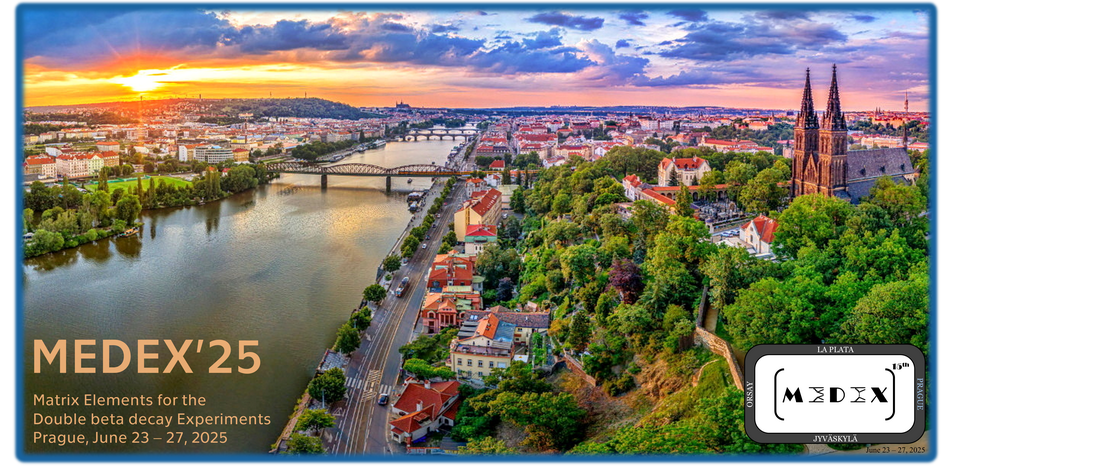Speaker
Description
Neutrinoless double-beta decay (0νββ) is a key process addressing some of the most significant open questions in particle physics, the conservation of lepton number and the Majorana nature of the neutrino. Over the past decades, extensive efforts have been dedicated to improving the sensitivity of 0νββ half-life measurements across multiple isotopes. The next generation of experiments aims to probe half-lives greater than 10$^{27}$ years, reaching the sensitivity required to explore the Inverted-Ordering region of the neutrino mass spectrum. Among the various techniques employed, low-temperature calorimetry has proven exceptionally promising and is expected to maintain a leading role in future searches through the CUPID experiment. CUPID will search for the 0νββ decay of $^{100}$Mo and will exploit the existing cryogenic infrastructure and expertise gained from CUORE, currently operating at the Laboratori Nazionali del Gran Sasso in Italy. We developed a statistical analysis in a Frequentist and a Bayesian framework to evaluate the discovery and the exclusion sensitivity. In this talk, we will describe this analysis and we will show the impact of background levels and energy resolutions differing from those of the baseline scenario. We will provide and overview of the current status of the experiment and outline the upcoming steps.

